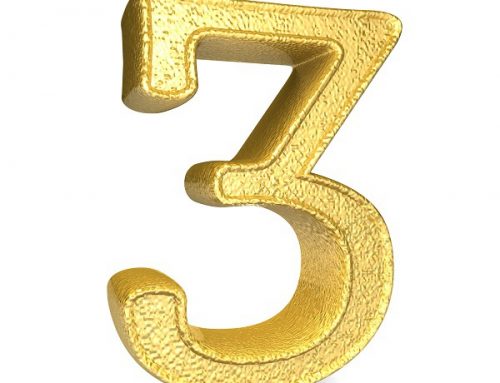
We are frequently asked what the difference is between a will and a trust. Both are important estate planning tools but they serve different purposes. A will and a trust can work together to create a complete estate plan. To find out how wills and trusts can work for your estate planning needs, consult with competent counsel.
What is a Will?
Usually just referred to as a “will,” your Last Will and Testament as it is officially called, is a legal document that states your final wishes and gives instructions about how to divide up your property when you die. We have all heard of someone disinheriting their children because of some family drama, and we’ve all seen those Agatha Christie mysteries where the rich old relative changed his will right before he died so mysteriously… That is exactly what a will does. It specifies who you want to get your money and property in the end—and who gets completely skunked.
One big difference between a will and a trust, however, is that a will goes into effect only after you die, whereas a trust is effective as soon as you create it. The other major difference is that a will gives outright distributions while a trust can protect assets and distribute them over time.
What is a Trust?
Generally, a trust is form of ownership that holds assets for your benefit. A trust usually involves two or more people: the Settlor, who creates the trust and is also known as the grantor or donor; the Trustee, who holds and manages the property for the benefit of the Settlor and Beneficiaries; and the beneficiary or beneficiaries who benefit from the trust. Typically, we recommend that you name yourself as a trustee while you are currently present to manage and enjoy your assets. In some limited circumstances, depending on the capacity and desires of the Settlor, we recommend having a fiduciary serve as a current trustee. You will also need to appoint a two successor trustees, one in succession of the other, to take care of the assets and manage them for your beneficiaries after your passing.
What are the benefits of a trust vs. a will?
- Avoid Costly Probate/Tax Savings—one reason why people create trusts is to avoid the expense and delay of Additionally, in some circumstances there can be tax savings through the use of a trust.
- Young Children/Poor Budgeters— when someone either has young children or family members that they want to ensure they can provide for over time. For instance, a brother may want to leave money in trust for his sister, whom he knows is bad with money and might spend it all very rapidly if she were to receive an outright distribution. The same concept naturally applies to parents with young children because we would not recommend that outright distributions be made to children or very young adults.
- Creditor Protection—some individuals or couples want to leave money to family members and ensure that it will be there for them in case of a “rainy day.” If you choose to hold your assets in trust for one of your beneficiaries, even after your passing, then even if they had to undergo the unfortunate circumstance of bankruptcy, the trust assets would be isolated from the bankruptcy.
What is Right for You?
As mentioned above, wills and trusts can work together to complete a well-rounded estate plan. There are many different kinds of wills and there are many different kinds of trusts. What is right for you depends on your goals and particular circumstances. That is why it is important that you discuss your options with knowledgeable estate planning attorneys.
We Are Here for You.
We are experienced trusts and estates attorneys. We offer free consultations, and we serve all of Arizona. Our offices are located in Sedona and we serve Verde Valley as well. We can help you provide and plan for your loved ones. Call us at 928-282-1483 or contact us here.





